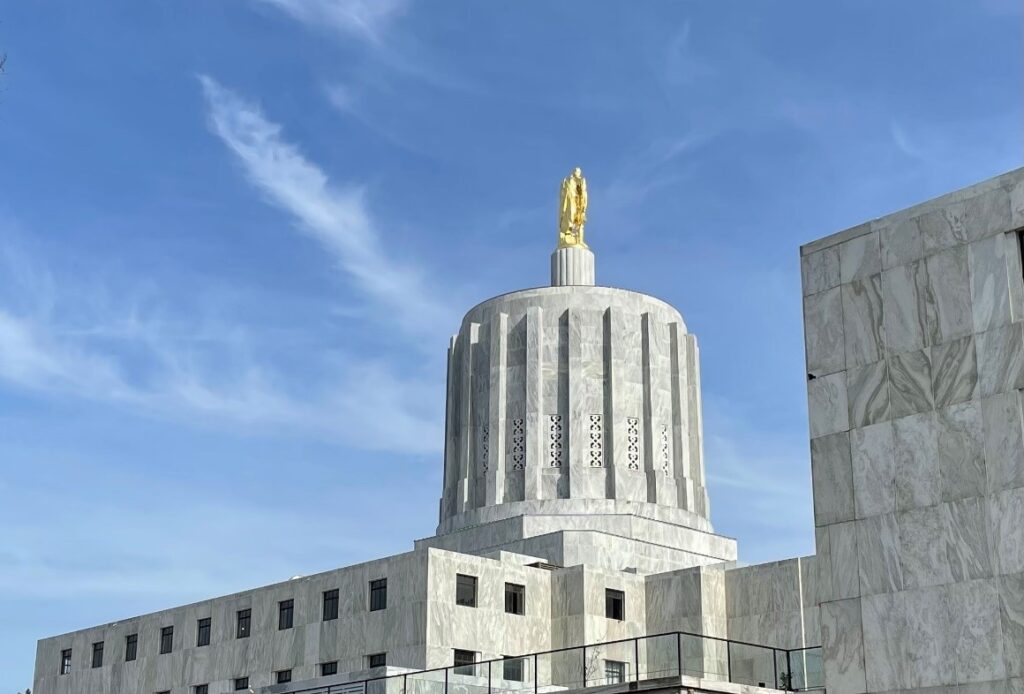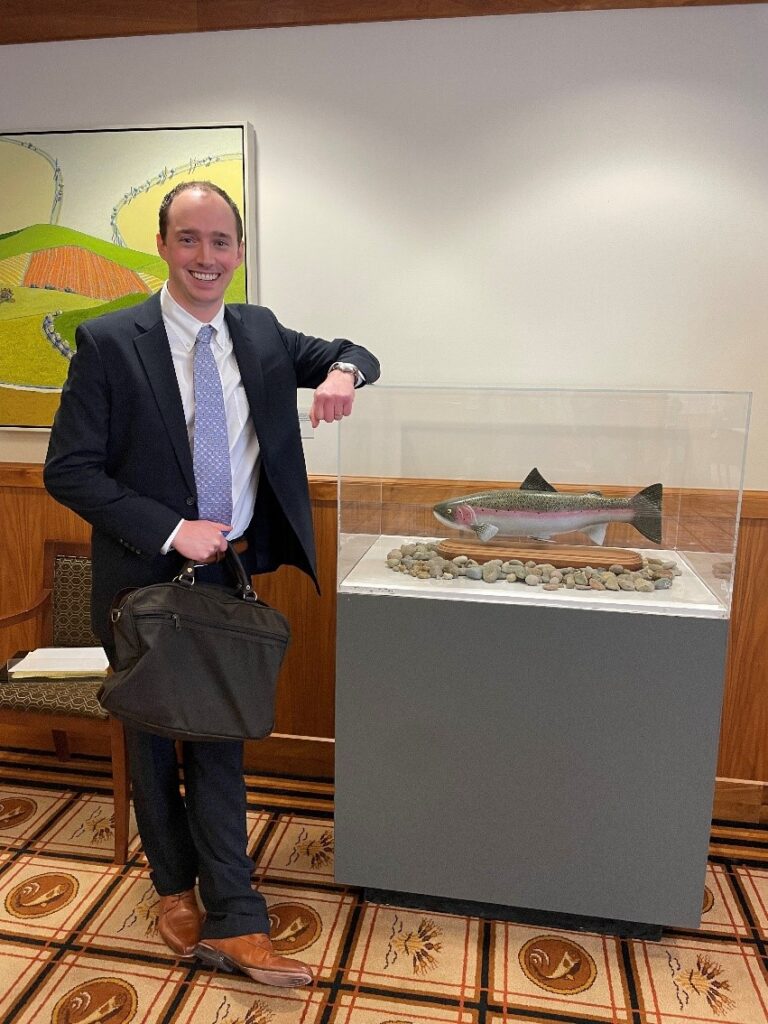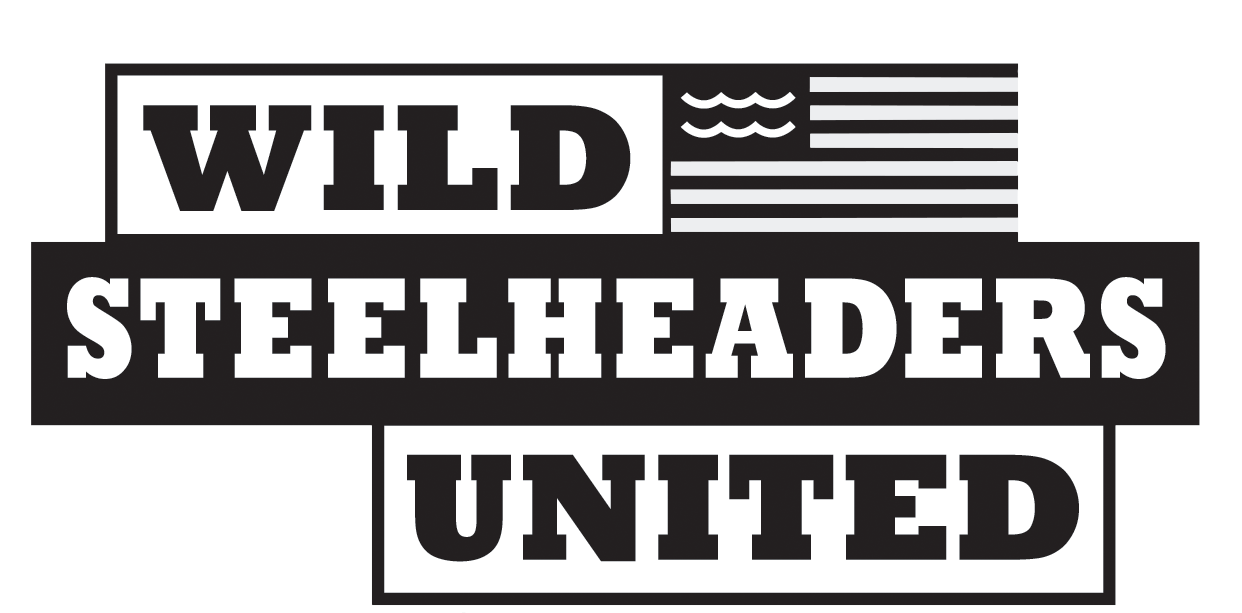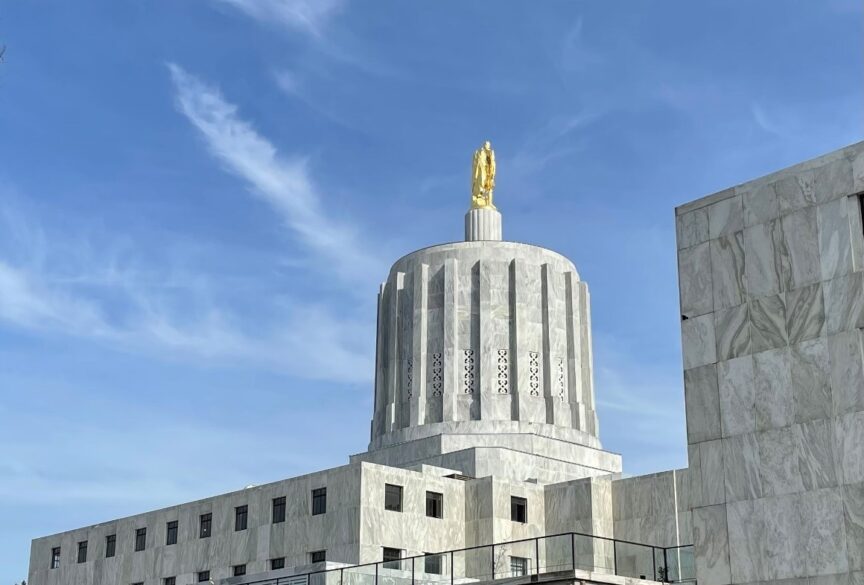
On February 5th, the Oregon legislature commenced a “short session” that will continue into March. Wild Steelheaders United is engaging on a number of bills that would affect wild steelhead. Here’s our take on the state of play:
Monsanto Settlement Fund
There’s an opportunity to stand up a massive program this session to fund significant natural resource restoration in Oregon for at least the next 50 years.
In December 2022, the State of Oregon settled a case with certain Monsanto companies about alleged PCB contamination for $698 million. Monsanto has already paid, and the account kicks out approximately $80,000 daily in interest. Senate Bill 1561 would establish an initial 50-year state fund and oversight framework to allocate the $30 million in interest generated annually by the fund towards various natural resource restoration efforts.
Under the settlement agreement, Oregon agreed to use the settlement funds for a broad scope of work that included cleanup of polluted sites, remediating impaired waterbodies, protecting wildlife habitat, and enhancing environmental quality. However, the original version of the bill described a narrower scope of work eligible for funding under the settlement—primarily relating to characterization and remediation of polluted sites only. Trout Unlimited (TU) testified about that disconnect in the Senate last week, advocating to expand the language about the settlement fund’s purpose for consistency with the settlement agreement.
The Senate has amended the bill for consistency with the settlement, and now the legislation is headed to the Joint Committee on Ways & Means (which handles financial matters in the legislature). Wild Steelheaders is excited about the tremendous work that this fund could do for ensuring healthy habitats for fish, wildlife, and people in Oregon, and we look forward to continuing our engagement on it.

Willamette Wake Boats
The Oregon legislature has considered numerous bills over the past six years regarding the negative effects of large recreational wake sport motorboats in the Willamette River upstream of Willamette Falls. Wild Steelheaders engages in the issue because we’re concerned about how certain boating activities affect ESA-listed winter steelhead and Spring Chinook. (For example, by disrupting habitat and water quality as the outmigration of juvenile Chinook peaks in June.)
In 2022, the legislature landed upon an enforceable framework that prohibited wake-surfing in a specific section of river vulnerable to resource damage, and restricted boats larger than 5,500 pounds from engaging in towed watersports in certain areas. (Read about our engagement on SB 1589 in the 2022 session here.)
Senate Bill 1590 would have rescinded all of the “towed watersports” statutes, effectively rolling-back the 2022 law and re-opening the Willamette upstream of Willamette Falls to wake-surfing and towed watersports by boats of any size. Less than 24 hours before the public hearing on the bill, its sponsor introduced an amendment that would have kept the laws on the books, but gutted the specifics by allowing wake surfing again and applying a maximum boat weight limit of 10,000 pounds (which would apply to very few boats in Oregon).
TU opposed SB 1590, and all four TU chapters in the Willamette Valley submitted written testimony opposing the bill due to concerns about its effect on various Willamette basin fish runs. The Senate also heard testimony from private landowners that experienced dock damage and bank erosion before the current law was in effect, folks concerned about water quality, recreational users that prefer not to engage in towed watersports, and of course, the wake boat community itself. On February 13th, the Senate Natural Resources and Wildfire Committee killed the bill by opting not to move it out of committee this session.
Columbia Commercial Gillnets
Senate Bill 1509-1 (i.e., with the “-1” amendment) would convene a work group related to a voluntary Columbia River commercial gillnet permit buyback. In Oregon, non-tribal commercial gillnetters must have a permit issued by the state. Two years ago, the Washington legislature budgeted almost $15 million for a gillnet buyback, and purchased the majority of Washington permits. Next year, Oregon’s Columbia River Basin Endorsement (CRBE) that funds various Columbia fisheries programs will be up for renewal by the legislature (following the 4-year extension of statutory authority for the CRBE from 2022 to 2026, per SB 59 (2021)), which means the legislature could address any policy recommendations of the work group at the same time as any legislation on the CRBE.
Wild Steelheaders sees merit in reforming non-tribal commercial gillnet fisheries to reduce impacts to ESA-listed and wild fish. Our primary interest in related policy (in both Oregon and Washington) is ensuring that any such adjustments to the commercial fishery have conservation benefits that result in more wild fish escaping harvest in the river’s mainstem and being allowed to successfully reach spawning grounds.
Beaver Coexistence Fund
Wild steelhead and other native fish thrive in the habitat—and instream flow conditions—created by beavers. House Bill 4014 would establish a “Landowners Living with Beavers Grant Program” housed within the Oregon Department of Fish & Wildlife and appropriate $1.5 million to implement it. Last year, the legislature enacted HB 3464, which consolidated all state agency jurisdiction for beaver issues in ODFW, with support from the Oregon Council of TU.
This year’s bill would build upon last year’s policy change by making more tools available to landowners (e.g., tree-wrapping materials, pond levelers that prevent infrastructure damage at road/stream crossings, technical support for addressing agricultural damage from beavers), thereby avoiding conflict and allowing more beavers to provide ecological benefits to Oregon fish, wildlife, and water resources. The Oregon Council of TU supports the 2024 bill.
Wildlife Omnibus
House Bill 4148 has several components geared towards improving conditions on the landscape for native wildlife species and combating non-native, invasive species. Of particular note for wild steelhead, the bill allocates $1.5 million to the Oregon Invasive Species Council to mitigate and respond to invasive species concerns in Oregon (such as zebra or quagga mussels, and emerald ash borer, which was recently discovered in Oregon and will likely devastate riparian tree cover in coming decades). A very broad coalition of NGOs supports the bill, including the Oregon Council of TU.

Budget Requests
Agency biennial budgets are crafted in odd-year long sessions, but there are always budget matters to address in short sessions (e.g., agency budget clean-up, corrections, emergencies, pressing issues that cannot wait a year, etc.).
In 2024, Wild Steelheaders supports funding for ODFW that boosts temporary staffing for the agency’s Klamath fish reintroduction team, which is charged with implementing the reintroduction plan for salmon and steelhead to the upper Klamath River basin and is currently staffed by only one person. We urge the legislature to fund several seasonal fisheries technicians for the remaining 2023-2025 biennium to monitor fish response to dam removal in 2024 and early 2025.
In the 2025 legislative session, it’s essential that the legislature fund a full team of full-time Klamath fish reintroduction biologists for the 2025-2027 biennium. As the largest dam removal and river reconnection project in history moves ahead, it is essential that Oregon fully invests in fish reintroduction and adequate monitoring going forward.
Summary
The short legislative session always moves at a very brisk pace, with limited time between bills being posted for public review and the end of the session itself. The Oregon legislature’s website, OLIS, is the best way to keep tabs on the status of bills and amendments to draft language. OLIS is also the means of attending committee meetings remotely and submitting written testimony on bills under consideration.
James Fraser is Trout Unlimited’s Oregon Policy Director (james.fraser@tu.org). Please contact him with any questions.


